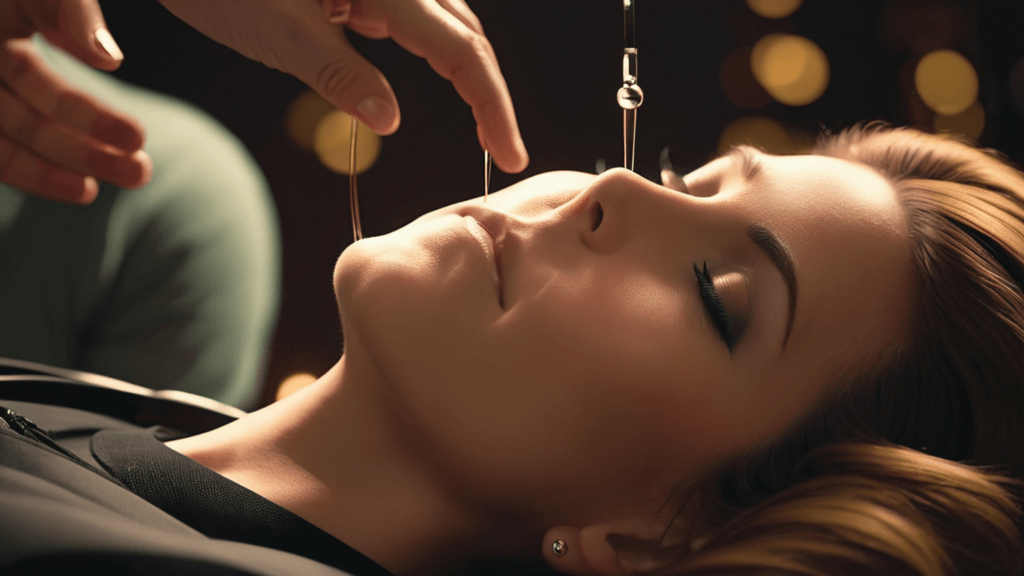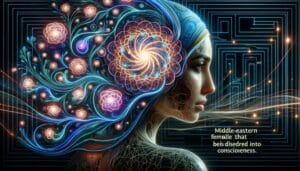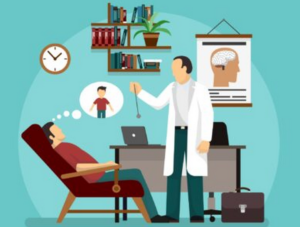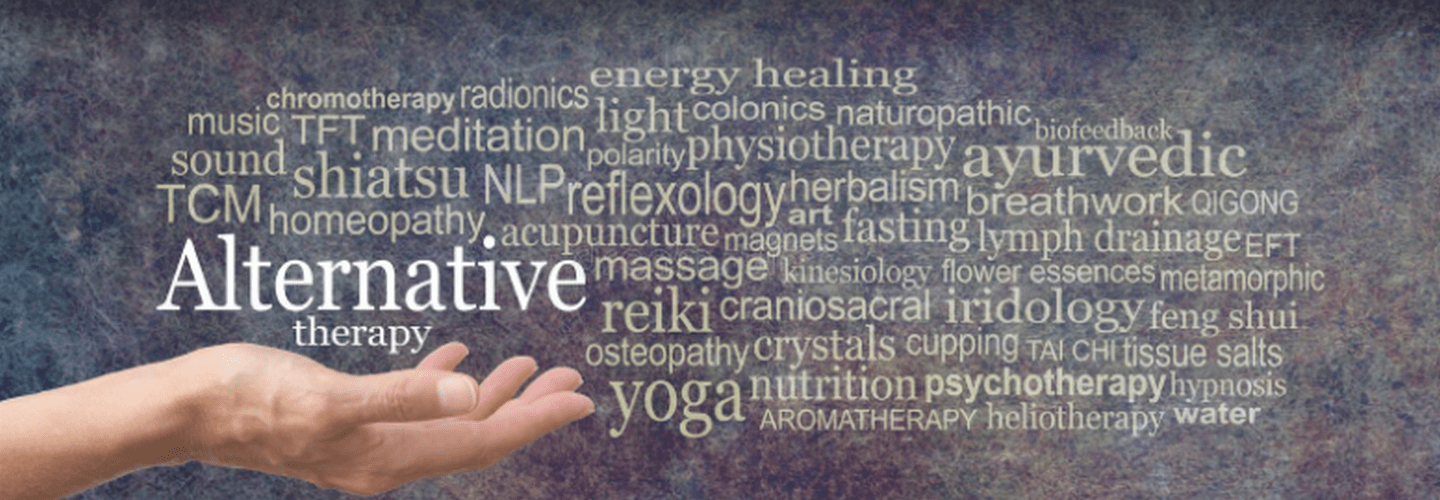
Photographic Memory Possible With Hypnosis
The potential link between hypnosis and photographic memory has captivated both researchers and the public alike, igniting discussions on the boundaries of memory enhancement.
While some enthusiasts tout hypnosis as a gateway to unlocking extraordinary memory capabilities, the scientific community remains cautious, citing a scarcity of concrete evidence to support these claims.
With memory intricacies rooted in complex cognitive processes, the question persists: could hypnosis truly facilitate the creation of a photographic memory, or does this notion blur the lines between reality and perception?
The ongoing exploration of this topic unveils a fascinating intersection between hypnotic suggestion and memory formation, raising intriguing insights into the human mind’s capacity for recall.
The Debate on Hypnosis for Memory Enhancement
 Amid ongoing discussions regarding the efficacy of hypnosis in memory enhancement, scientific research has yet to provide conclusive evidence supporting its effectiveness. While hypnosis has been proposed as a potential tool to trigger photographic memory, the lack of substantial evidence remains a significant challenge. Memory formation is complex and primarily relies on incidental learning rather than hypnosis-induced techniques. Stressful events, for instance, have been shown to have a more profound impact on memory retention than hypnosis.
Amid ongoing discussions regarding the efficacy of hypnosis in memory enhancement, scientific research has yet to provide conclusive evidence supporting its effectiveness. While hypnosis has been proposed as a potential tool to trigger photographic memory, the lack of substantial evidence remains a significant challenge. Memory formation is complex and primarily relies on incidental learning rather than hypnosis-induced techniques. Stressful events, for instance, have been shown to have a more profound impact on memory retention than hypnosis.
The reliability of memories obtained through hypnosis is a critical point of contention, especially in legal contexts. The use of hypnosis in court testimony raises concerns about the trustworthiness of these memories, as they may be susceptible to external influences and suggestions. The Supreme Court of California even rejected the use of hypnosis for witness memory as far back as 1897, emphasizing the skepticism surrounding its reliability.
Moreover, memory enhancement through hypnosis faces challenges such as memory reconstruction, the influence of context and language on recall, and the importance of retrieval processes. Factors like age, emotional states, and rest play significant roles in memory acquisition and retention, further complicating the debate on the effectiveness of hypnosis for memory enhancement. As research continues to explore these complexities, a nuanced understanding of the role of hypnosis in memory improvement is essential.
Limited Evidence on Photographic Memory
 The concept of photographic memory is shrouded in ambiguity due to the scarcity of concrete scientific evidence supporting its existence. While often depicted as an extraordinary ability in popular culture, the empirical backing for true photographic memory is lacking. Scientific research on photographic memory faces significant challenges stemming from the intricate and subjective nature of memory processes. Claims suggesting the attainment of photographic memory through hypnosis are not widely endorsed by scientific studies. Although hypnosis may assist in memory enhancement, the notion of developing genuine photographic memory remains a topic of contention within the scientific community.
The concept of photographic memory is shrouded in ambiguity due to the scarcity of concrete scientific evidence supporting its existence. While often depicted as an extraordinary ability in popular culture, the empirical backing for true photographic memory is lacking. Scientific research on photographic memory faces significant challenges stemming from the intricate and subjective nature of memory processes. Claims suggesting the attainment of photographic memory through hypnosis are not widely endorsed by scientific studies. Although hypnosis may assist in memory enhancement, the notion of developing genuine photographic memory remains a topic of contention within the scientific community.
Photographic memory, characterized by the ability to recall information with extreme precision and detail, has captivated the imagination of many. However, the limited scientific evidence available raises doubts about the feasibility of achieving such a remarkable memory capacity. The complexities of memory processes, including encoding, storage, and retrieval, contribute to the skepticism surrounding the existence of photographic memory. While hypnosis is proposed as a potential method for memory enhancement, its efficacy in facilitating true photographic memory remains uncertain without substantial scientific support. As researchers continue to explore memory enhancement techniques, including the role of hypnosis, the quest for understanding and improving memory capabilities persists amidst the ongoing debate surrounding photographic memory.
Memory Formation and Incidental Learning
 Memory formation is intricately linked to the process of incidental learning, where memories are unconsciously built through daily experiences and exposure to various stimuli. This type of learning occurs without conscious effort, shaping memory through the absorption of information from the environment. Understanding the role of incidental learning in memory formation is crucial for enhancing memory retention and optimizing learning strategies.
Memory formation is intricately linked to the process of incidental learning, where memories are unconsciously built through daily experiences and exposure to various stimuli. This type of learning occurs without conscious effort, shaping memory through the absorption of information from the environment. Understanding the role of incidental learning in memory formation is crucial for enhancing memory retention and optimizing learning strategies.
- Unintentional Acquisition: Memories formed through incidental learning are acquired unintentionally, often through routine activities like conversations, observations, and interactions.
- Spontaneous Memory Formation: Incidental learning leads to spontaneous memory formation, where memories are built without deliberate encoding, influencing subsequent memory recall.
- Impact on Memory Retention: Memories created through everyday experiences play a significant role in memory retention, as they are often deeply ingrained due to their natural occurrence.
- Optimizing Memory Enhancement: Recognizing the significance of incidental learning can help individuals optimize memory enhancement techniques by leveraging everyday experiences to strengthen memory processes.
Skepticism Surrounding Hypnosis History
 Surrounded by skepticism and historical scrutiny, the utilization of hypnosis for memory enhancement has encountered significant challenges and reservations. Throughout history, the effectiveness of hypnosis in improving memory has been questioned, with critics highlighting concerns about the reliability of memories obtained through hypnosis. The skepticism surrounding hypnosis stems from the intricate nature of memory processes, the reconstructive nature of memory, and the influence of external factors on memory recall.
Surrounded by skepticism and historical scrutiny, the utilization of hypnosis for memory enhancement has encountered significant challenges and reservations. Throughout history, the effectiveness of hypnosis in improving memory has been questioned, with critics highlighting concerns about the reliability of memories obtained through hypnosis. The skepticism surrounding hypnosis stems from the intricate nature of memory processes, the reconstructive nature of memory, and the influence of external factors on memory recall.
Hypnosis for memory enhancement faces scrutiny due to the fact that memories are not simply stored and retrieved like files in a computer but are subject to reconstruction based on various influences. While some individuals may believe that hypnosis can lead to the retrieval of accurate and detailed memories, scientific evidence supporting this notion remains limited. Memory formation is a complex process that is influenced by a variety of factors, including personal experiences, emotions, and environmental cues.
As a result, the historical use of hypnosis for memory improvement has been met with skepticism, prompting researchers to explore alternative methods for enhancing memory that are grounded in empirical evidence and cognitive psychology principles. While hypnosis may have a role in certain therapeutic contexts, its efficacy in achieving photographic memory remains a topic of debate within the scientific community.
Factors Influencing Memory Acquisition
 Factors influencing memory acquisition encompass a range of variables, including age, rest levels, emotional states, and confidence levels. When considering memory acquisition, several key factors come into play:
Factors influencing memory acquisition encompass a range of variables, including age, rest levels, emotional states, and confidence levels. When considering memory acquisition, several key factors come into play:
- Age: Memory acquisition can vary depending on the individual’s age, with younger individuals often having a more malleable memory compared to older individuals.
- Rest Levels: The amount and quality of rest can significantly impact memory acquisition, as tiredness and fatigue may hinder the brain’s ability to encode and consolidate memories effectively.
- Emotional States: Emotions play a crucial role in memory acquisition, with heightened emotions often leading to stronger memory formation. Positive or negative emotional states can influence how memories are stored and recalled.
- Confidence Levels: The level of confidence a person has in their memory can affect how they acquire and retrieve information. Confidence can impact memory accuracy and the individual’s willingness to trust their recollections.
Understanding these factors is essential in comprehending how memory acquisition works and how different aspects of an individual’s life can influence their memory processes. Additionally, questioning techniques and external information can also shape memory acquisition and retrieval, emphasizing the intricate nature of memory formation and recall.
Is Photographic Memory Possible With Hypnosis?
Frequently Asked Questions
What Type of Memory Can Be Retrieved Through Hypnosis?
Memory retrieval through hypnosis varies, encompassing emotional, traumatic, and repressed memories.
Hypnosis accesses subconscious information, aiding in recalling detailed events and sensations not easily accessible consciously.
It can unveil forgotten details and vivid imagery, enhancing memory retrieval beyond typical conscious recall.
Can a Person Remember Being Hypnotized?
Yes, individuals can remember being hypnotized, with memory recall varying based on suggestibility, depth of hypnosis, concentration, relaxation, and susceptibility.
Post-hypnotic suggestions can influence memory of the session, while hypnotic amnesia may lead to partial or complete memory loss.
The ability to remember being hypnotized is influenced by multiple factors, highlighting the complex nature of memory retrieval in the context of hypnosis.
Can You Erase Memories With Hypnosis?
While hypnosis has potential therapeutic applications, erasing memories with hypnosis remains a controversial topic. Memory manipulation through hypnosis is not a guaranteed process and raises ethical concerns.
Hypnosis may aid in managing distressing memories or altering their emotional impact rather than erasing them entirely. It is crucial to consult with a qualified professional when considering hypnosis for memory-related issues to ensure appropriate and ethical use of this technique.
Is It Possible to Develop a Photographic Memory?
Enhancing memory recall through various methods is a topic of interest in cognitive psychology.
While the concept of developing a photographic memory has fascinated many, scientific evidence supporting its feasibility remains limited.
Memory improvement strategies often focus on optimizing cognitive processes and utilizing effective learning techniques rather than solely relying on hypnosis.
Understanding the complexities of memory formation and retrieval can guide individuals in exploring diverse avenues for enhancing memory capabilities.
Set Up An Appointment With Bohol Hypnosis Expert

Do not be afraid to reach out to me, Mark E Wilkins, to assist you in any issues you might have. Most Hypnotherapy sessions last 2 hours and EFT Sessions are usually handled with one session. Life Coaching is 45 minute session, one a week. Self-Hypnosis is taught in one session, and lasts a lifetime.
To make an appointment, first listen to the Pre-talk and fill out he Complementary Healthcare Provider Disclosure. The use the Contact Form to request an appointment with the Bohol Hypnosis Expert.
Self-help downloads are available. The self hypnosis program to teach you how to self-hypnotize is here.





